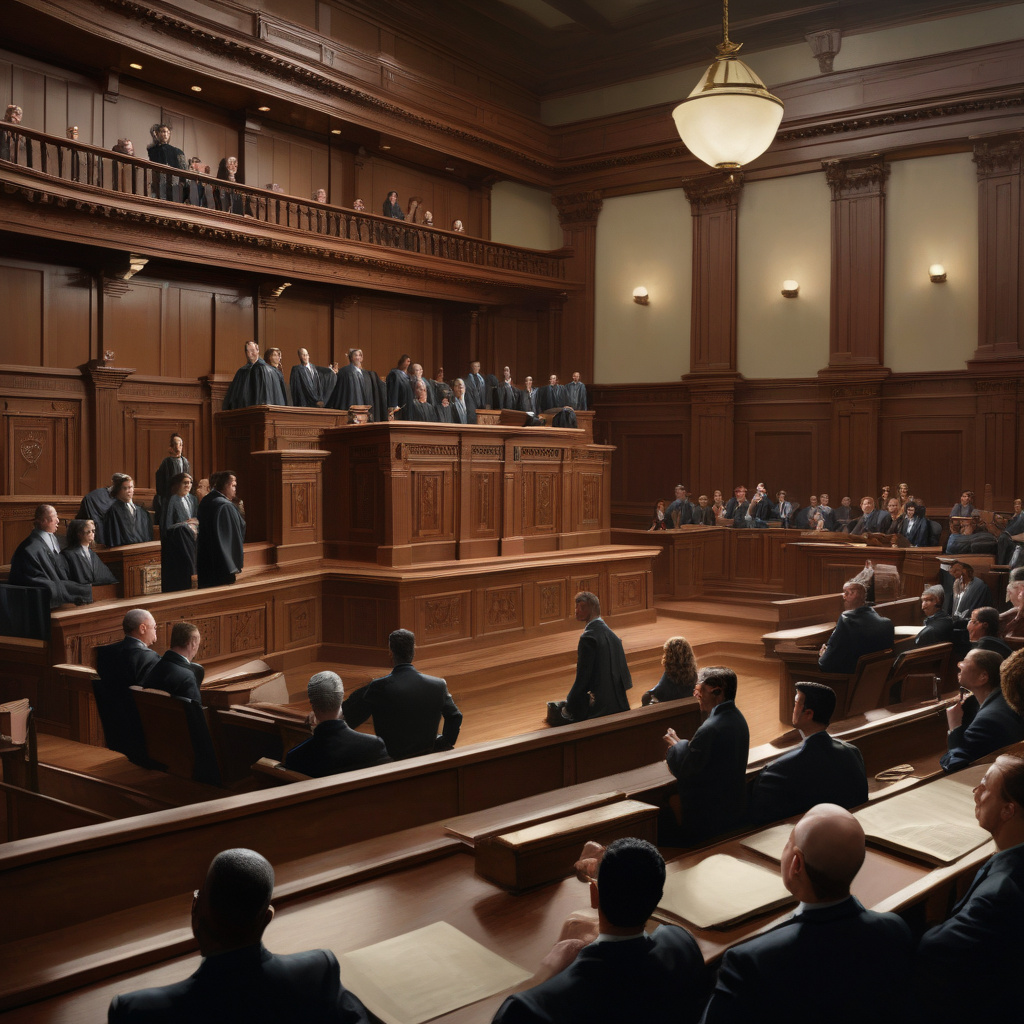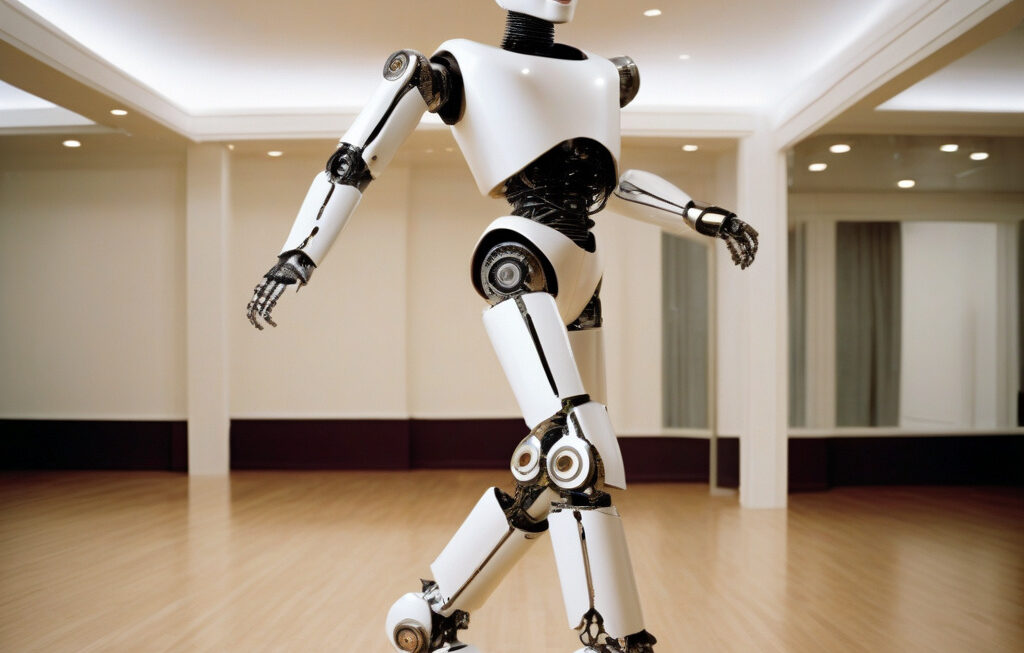Hollywood Studios Sue MiniMax for AI Copyright Infringement
In the ever-competitive world of entertainment, the line between inspiration and infringement can often become blurred. Recently, Hollywood studios have taken a stand against MiniMax, a rising player in the AI content creation field, for allegedly breaching copyright laws and profiting from unauthorized content. The lawsuit, which has sent shockwaves through the industry, claims that MiniMax disregarded cease-and-desist demands and failed to implement necessary copyright safeguards, leading to a blatant disregard for intellectual property rights.
The heart of the issue lies in MiniMax’s utilization of artificial intelligence to generate content that closely resembles original works owned by major Hollywood studios. By replicating characters, storylines, and visual elements without proper authorization, MiniMax has crossed a legal boundary that has prompted swift legal action. Despite warnings from the affected studios to cease their infringing activities, MiniMax has continued to reap the benefits of their ill-gotten gains, further exacerbating tensions between the two parties.
This case underscores the challenges that arise in an increasingly digitized landscape where AI technologies have the capacity to mimic human creativity. While AI holds tremendous potential for innovation and efficiency, it also poses a significant risk when deployed without adequate safeguards to protect intellectual property. As MiniMax stands accused of profiting from the creative investments of others, the lawsuit serves as a cautionary tale for businesses operating in the AI content creation sphere.
Moreover, the legal battle between Hollywood studios and MiniMax raises broader questions about the responsibilities of tech companies in upholding copyright laws. In an era where digital content can be easily replicated and disseminated, the onus falls on AI developers to prioritize ethical practices and respect the intellectual rights of content creators. Failure to do so not only jeopardizes individual livelihoods but also undermines the foundation of artistic expression and innovation.
As the lawsuit unfolds, industry experts are closely monitoring the implications it may have on the future of AI content creation and intellectual property protection. Will it set a precedent for stricter regulations within the AI industry? Or will it prompt tech companies to proactively implement measures to prevent copyright infringement before legal action is taken? The outcome of this case could shape the trajectory of AI development and its relationship with traditional creative industries.
In conclusion, the legal dispute between Hollywood studios and MiniMax serves as a stark reminder of the importance of upholding copyright laws in the digital age. As AI technologies continue to evolve and permeate various sectors, the need for robust intellectual property protections has never been more critical. Only by fostering a culture of respect for creativity and innovation can we ensure a sustainable and ethical future for content creation in all its forms.
copyright, AI, Hollywood, intellectual property, innovation












